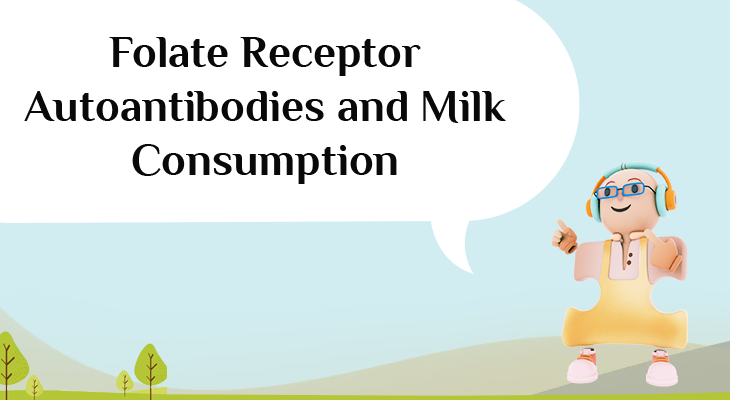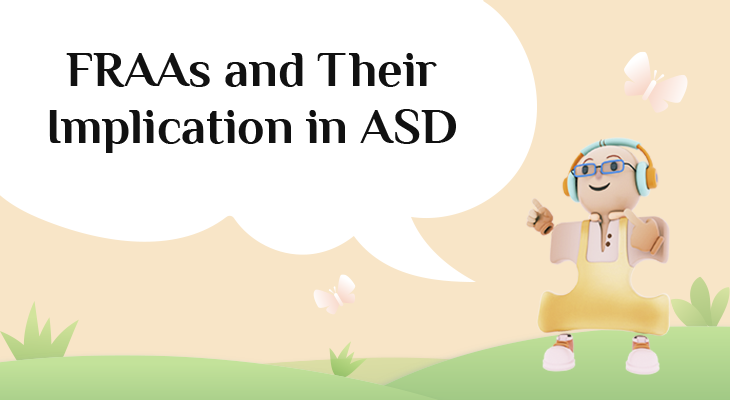
Introduction
Autism rates continue to rise in the US, affecting a staggering 1 in 36 children. While the cause remains complex, exciting research shines a light on a potential contributor: folate receptor autoantibodies.
Folate Receptor Alpha (FRα) is a major transporter of folate (vitamin B9) into the brain. Folate is a critical vitamin for proper neurological function and brain development. Recently discovered Folate Receptor Alpha autoantibodies make Folate Receptor Alpha dysfunctional.
Folate receptor autoantibodies (FRAs) are antibodies that target the folate receptors, which are proteins responsible for transporting folate (vitamin B9) into cells. These autoantibodies can interfere with the normal function of folate receptors, potentially leading to reduced cellular folate uptake. Folate is essential for DNA synthesis, repair, and methylation, which are critical for brain development and function.
There are two main types of FRAs:
- Blocking Antibodies: These antibodies bind directly to the folate receptor and block the transport of folate into the cell.
- Binding Antibodies: These bind to the folate receptor, but instead of blocking, they interfere with folate receptor function in a different way, such as leading to inflammation.
Folate receptor autoantibodies have been associated with certain neurological and developmental conditions, particularly cerebral folate deficiency syndrome (CFDS), a condition where the brain is deficient in folate despite normal folate levels in the bloodstream. Research has suggested links between FRAs and autism spectrum disorder (ASD), with some studies proposing that these autoantibodies could affect brain development in children.
A non-functional Folate Receptor Alpha may lead to a form of cerebral folate deficiency; meaning that there can be a lack of vitamin b9 transport into the brain.
Folate (vitamin B9) plays a crucial role in brain development and function. Recent studies show that insufficient folate may lead to a condition termed cerebral folate deficiency syndrome, potentially impacting neurodevelopment. A major contributing factor to cerebral folate deficiency syndrome seems to be the presence of folate receptor autoantibodies. These autoantibodies block the folate receptor alpha and constrict proper folate transport into the brain and cerebrospinal fluid. Lack of proper folate into the brain and cerebrospinal fluid may have a negative impact on proper neurological function. Alarmingly, research indicates that many children with ASD have tested positive for folate receptor autoantibodies. This may indicate a correlation between folate receptor autoantibodies, cerebral folate deficiency syndrome and autistic symptoms.
A simple test termed FRAT® can detect the presence of these folate receptor autoantibodies, leading to a personalized treatment plan. If folate receptor autoantibodies are detected, treatment generally focuses on restoring folate function in the brain. The most common approaches are with Folinic Acid Supplementation. Folinic acid (also called 5-formyltetrahydrofolate) is a form of folate that bypasses the blocked folate receptors. It is more bioavailable than regular folic acid and can cross the blood-brain barrier even when autoantibodies are present. Dosing is usually determined by a physician based on the child’s specific needs. It can range from 0.5 to 2 mg per kilogram of body weight, but this should be tailored individually. Consulting a physician in this instance is required since folinic acid is classified as a drug. Some studies have shown considerable improvements in communication, social interaction, language development, and behavioral symptoms in children with ASD who receive folinic acid treatment and have folate receptor autoantibodies.
Many experts also recommend reducing dairy consumption because milk contains components that may trigger the production of FRA or worsen symptoms. Implementing a low-dairy or dairy-free diet is sometimes considered alongside folate supplementation. The consumption of animal milk opens an interesting conversation with respect to folate receptor autoantibodies.
Animal milk in general, but even more specifically cow’s milk, can affect folate receptor autoantibodies (FRAs) because it contains folate-binding proteins that resemble the folate receptors found in humans. These folate-binding proteins can trigger an immune response in certain individuals, leading to the production of folate receptor autoantibodies. When these antibodies are formed, they can mistakenly attack the human folate receptors, disrupting the transport of folate into cells.
This effect is particularly relevant in people with cerebral folate deficiency (CFD) and autism spectrum disorders (ASD) or those who have a predisposition to developing FRAs. In such cases, consuming cow’s milk could exacerbate the autoimmune response, potentially reducing folate levels in the brain, which is important for neurological development and function.
For individuals with autism who may have elevated FRAs, eliminating cow’s milk from the diet has been explored as a potential intervention. In some studies, removing cow’s milk has led to a reduction in these autoantibodies and improvements in behavior and development when paired with treatments like folinic acid supplementation.



